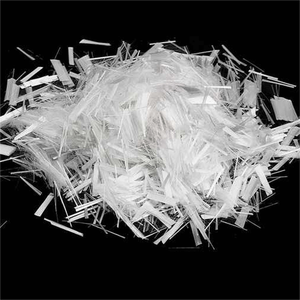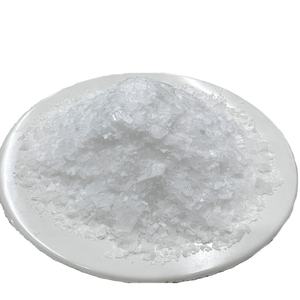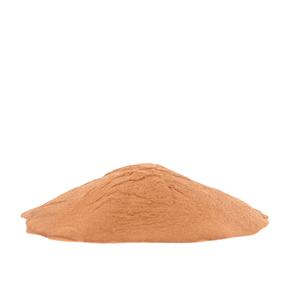
Low Modulus Polyurethane Sealant For Glass Waterproof Neutral Silicone Liquid Nail Adhesive Sealant Concrete Silicone Sealant

Pns Poly Naphthalene Concrete Admixture Water Reducer Chemical Addtive

Whole Counter Fiber Concrete Table High Waterproof Design Made in Vietnam for Indoor and Outdoor Use

Free Sample Polycarboxylate Water Reducers For Concrete Additives Super Slump Retention Style Polycarboxylate Superplasticizer

Hot AEC Sodium POE 10 Fatty Alcohol Ether Carboxylate Chemical Auxiliary Agent Used Foaming Agent Foam Fire Extinguishing

Whole Concrete Superplasticizer Pce Superplasticizer Monomer
Lightweight foam concrete, also known as foam concrete, is a foaming system that uses a foaming machine to fully the foaming agent mechanically, mix the foam and cement slurry uniformly, and then perform in-situ construction through the pumping system of the foaming device. Or mold forming, a new type of lightweight thermal insulation material with a large number of closed pores formed by essential maintenance. It belongs to the bubble-shaped thermal insulation material, and its outstanding feature is the formation of closed foam cells inside the concrete, which makes the concrete lighter and thermally insulating; at the same time, it is also an extraordinary variety in aerated concrete. Its pore structure and material properties are close to each other. For aerated concrete, the difference between the two is only the difference between the shape of the pores and the means of aeration.

Aerated concrete pores are generally elliptical, and foam concrete is deformed by capillary pores to form a polyhedron. Aerated concrete uses chemical gassing to create pores through internal gas generation through a chemical reaction, lightweight concrete. It is made by mechanical foaming method, the foaming agent is first made into foam, and then the foam is added to cement, magnesite, and gypsum slurry to form a foam slurry, which is then cured by natural curing steam.
Lightweight concrete is a member of a large concrete family. In recent years, domestic and foreign countries have attached great importance to the research and development of foam concrete, making it more and more widely used in the field of construction.
Now the relevant situation is introduced as follows:
Lightweight foam concrete is usually prepared by the mechanical method of foaming agent aqueous solution into the foam. Then the foam is added to the slurry containing siliceous material, calcium material, water, and various admixtures, etc. A porous material made from curing. Because foam concrete contains a large number of closed pores, it has the following excellent physical and mechanical properties
Of course, we can also check the water absorption of lightweight foam concrete blocks by a simple test method. At the same time, the shape and state of the cells of the light-weight foam concrete block are distinguished.
The test method is as follows
1. The test block floats in the water without melting or sedimentation
It shows that the cellular concrete (foam concrete) has been completely hardened, and the pores are completely closed. The final foam concrete air does not produce convection in the body, reducing the temperature conduction, Radiation, and diffusion, and the thermal energy is gradually weakened in the pores to achieve the effect of heat insulation. Moreover, the water absorption rate is as low as about 5%, and the physical properties of sound insulation, waterproof, compression resistance, and flexural resistance are the best.

2. If the sample block sinks slowly
The water absorption rate reaches 30%, which exceeds the proportion of water, indicating that the cellular concrete (foam concrete) pores are semi-open, and some pores are connected from the surface to the inside. The air will generate convection in the body. As the opening of the pores increases and shortens, the water absorption and storage rate will also increase to about 50% with the pore communication rate, and the physical properties of thermal insulation, thermal insulation, sound insulation, waterproofing, compression, and bending resistance will be significantly reduced.
3. The sample block quickly sinks into the water

The water absorption rate exceeds 30%, surpassing the specific gravity of water, indicating that the pores in the material are fully open, forming a channel from the surface to the inside, the air generates convection in the channel, and the ether conducts the temperature of the material through the moisture in the convection, Radiation, diffusion, water absorption, and storage rate will also increase to more than 50% with the pore communication rate, the material loses the performance requirements of thermal insulation and thermal protection.
Cie-China.org is the leading foam concrete additives provider providing concrete foaming agent, superplasticizer,foam concrete strength enhancer for lightweight concrete, CLC blocks. If you are looking for foaming agent, please feel free to contact us.
Ask a quote for the latest price and one of our team members will respond as soon as possible. Fields marked with * are required.




